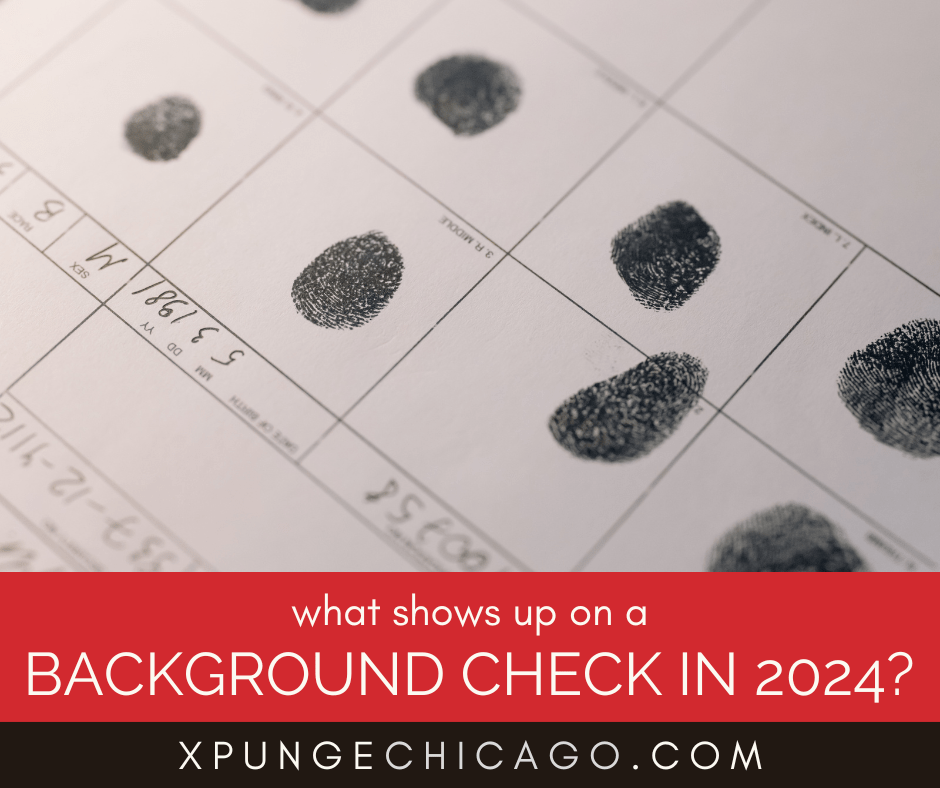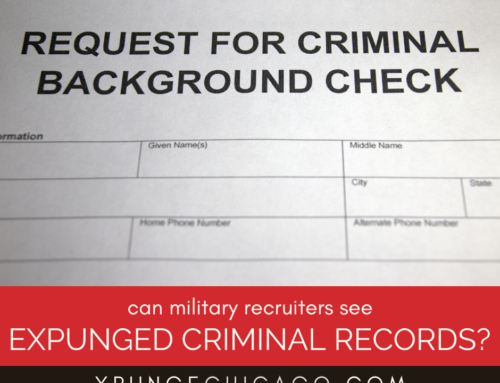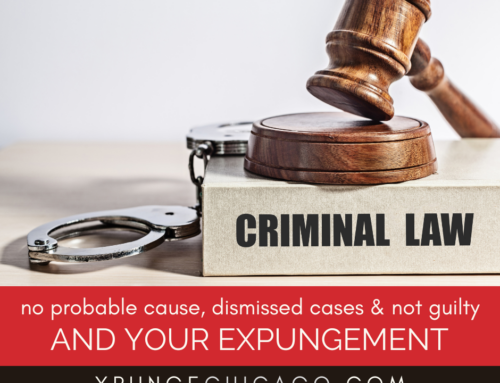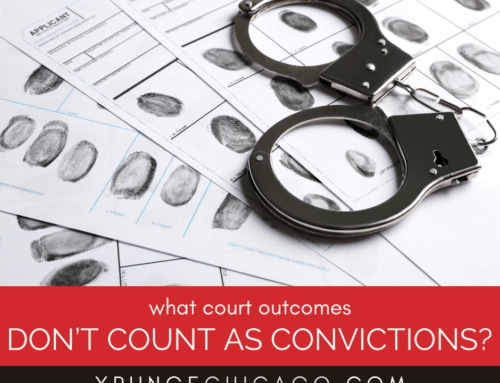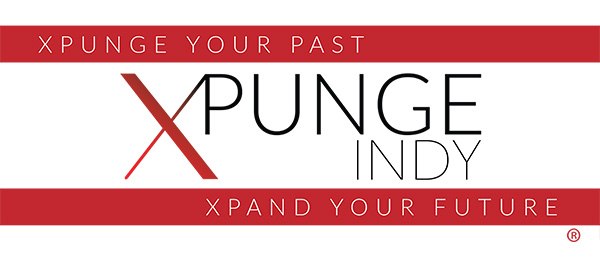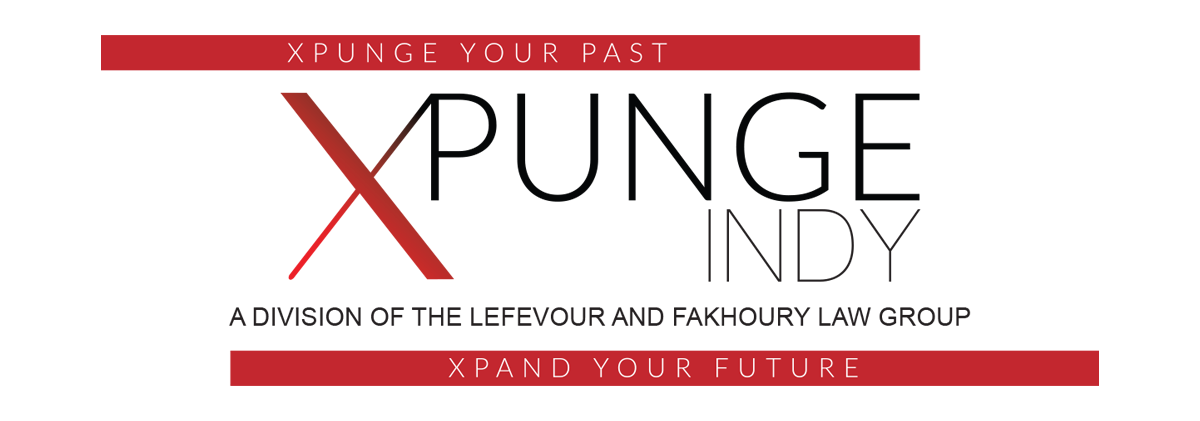In today’s interconnected world, background checks have become a common practice for employers, landlords, and even in social situations. Understanding what information can surface during these checks is crucial, especially if you have a history you’re not keen on sharing. This guide will delve into the details of what typically shows up on a background check in Illinois and how it can affect various aspects of your life.
What Shows Up On a Background Check
A background check can reveal a multitude of information, ranging from your criminal history to your credit score. Knowing what can be uncovered can help you prepare for and navigate situations where a background check might be required. This guide explains the following:
- The types of information included in a background check
- The impact of criminal records on background checks
- How expungement or sealing can affect what shows up
- The rights of individuals undergoing background checks
- Steps to take if incorrect information appears on your background check
Here’s a closer look at each.
The Types of Information Included in a Background Check
Background checks can be extensive, covering everything from your criminal history to your employment and education verification. They may also include credit reports, driving records, and even social media activity. We’ll explore what kinds of personal data can be accessed during a background check.
The Impact of Criminal Records on Background Checks
A criminal record can be a significant component of a background check, potentially affecting employment, housing, and more. This section will discuss how different types of criminal records can influence the outcome of a background check and what that means for you.
How Expungement or Sealing Can Affect What Shows Up
Expunging or sealing your record can change what is revealed during a background check. Expungement typically means that the offense is removed as if it never occurred, while sealing hides the record from most public searches. We’ll detail how these legal processes can alter the information that appears when your background is scrutinized.
The Rights of Individuals Undergoing Background Checks
You have specific rights when it comes to background checks, including the right to be informed and to dispute incorrect information. This part of the guide will outline your rights under the Fair Credit Reporting Act (FCRA) and other relevant legislation.
Steps to Take If Incorrect Information Appears on Your Background Check
Mistakes happen, and sometimes background checks contain errors. If incorrect information shows up, it’s important to know how to address it. We’ll provide a step-by-step approach to correcting inaccuracies and ensuring your background check reflects the true you.
FAQ About Background Checks
Check out these commonly asked questions about background checks. If you don’t see the answers here, please call our office and we’ll get you the information you need.
Can Employers See Expunged or Sealed Records on a Background Check?
In most cases, expunged or sealed records will not appear on a background check for civilian employers.
How Far Back Do Background Checks Go?
The look-back period for background checks can vary, but typically, they cover seven to ten years of history.
What Should I Do If My Background Check Has Incorrect Information?
You should immediately contact the agency that provided the report and file a dispute to have the incorrect information corrected.
Are There Different Types of Background Checks for Different Purposes?
Yes, the depth of a background check can vary depending on its purpose, such as employment, housing, or purchasing a firearm.
How Can I Prepare for a Background Check?
You can prepare by reviewing your own records, considering expungement or sealing if applicable, and being ready to provide explanations for any potential issues that might arise.
Understanding what shows up on a background check is essential in today’s world. Whether you’re applying for a job, looking for a new home, or engaging in new relationships, the information revealed can have significant implications. By knowing what to expect and how to manage your records, you can take control of your narrative and present your best self to the world.
Do You Need to Talk to an Attorney About Expungement or Sealing?
If you’re tired of your criminal past coming back to bite you, we may be able to help. Call us right now at 847-920-4540 or fill out the form below so we can talk about your case.
Oops! We could not locate your form.


